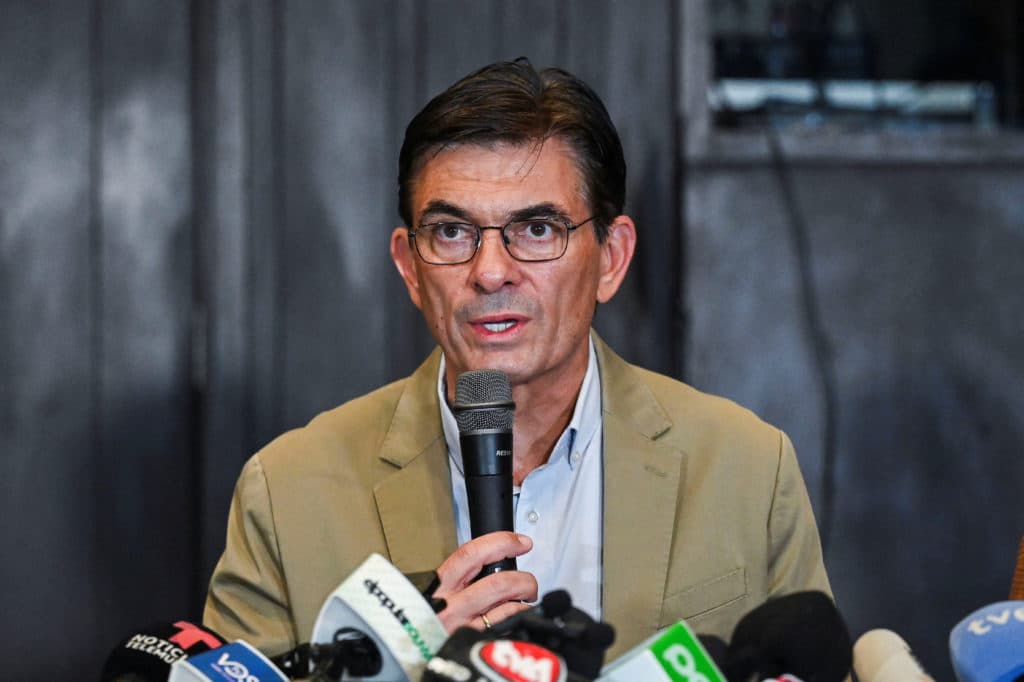Center-Right Candidate Secures Bolivian Presidency with 54.6%, Ending Two Decades of MAS Rule

Rodrigo Paz Pereira, a center-right senator, has been elected as Bolivia's new president, securing 54.6% of the vote in the October 2025 runoff election. This victory marks a significant political shift, concluding nearly two decades of dominance by the left-wing Movement for Socialism (MAS) party. The election saw Paz Pereira, representing the Christian Democratic Party (PDC), defeat former president Jorge "Tuto" Quiroga.
The MAS party, which had controlled Bolivian politics for 20 years, suffered an "utter collapse," as noted by commentator Geoff Shullenberger on social media. The party's candidate, Eduardo del Castillo, garnered just over 3% in the first round, failing to advance to the runoff. Furthermore, MAS faced a historic setback in the legislative elections, losing all 21 of its Senate seats and retaining only two of its 75 seats in the Chamber of Deputies.
The decline of the MAS party is largely attributed to a bitter internal feud between former president Evo Morales and current president Luis Arce, coupled with a severe economic crisis. Bolivia has been grappling with high inflation, critical shortages of U.S. dollars, and essential goods like fuel and food. Morales, who was barred from running for president, had urged his supporters to cast null ballots in protest.
Paz Pereira campaigned on a platform of "Capitalism for All," promising tax cuts, tariff reductions, and the decentralization of the national government. He pledged to address the economic woes by focusing on job creation, strengthening institutions, and ensuring legal security and respect for private property. His vice-presidential running mate, Edmand Lara, emphasized the need to stabilize basic food prices and combat corruption.
The new administration faces the immediate challenge of navigating a fragmented Congress, where Paz Pereira's PDC holds 49 deputies and 16 senators but lacks a majority. This political landscape, combined with the ongoing economic difficulties and the lingering influence of Evo Morales, sets the stage for a complex period in Bolivian governance. The election outcome represents a decisive turn away from the socialist policies that defined the country for two decades, "handing power back to the traditional neoliberal elites it once defeated," according to Shullenberger.